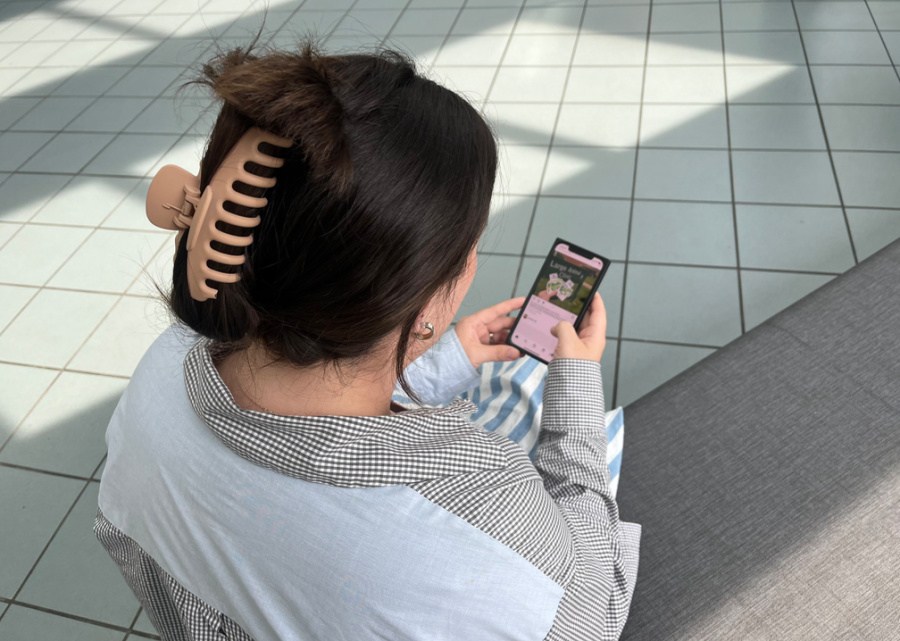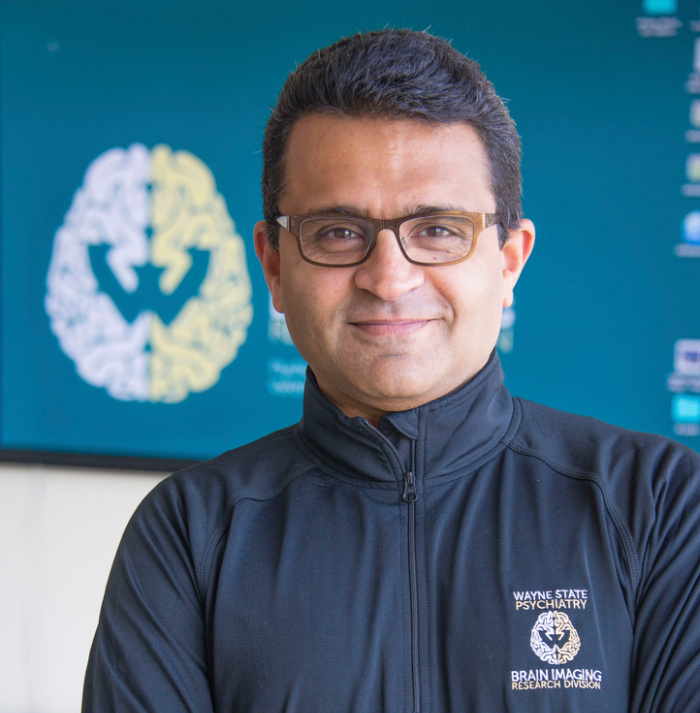
Swipe, scroll, snap: As teens glue themselves to Instagram, TikTok and Snapchat, what is the impact on their mental health? U.S. Surgeon General Vivek Murthy believes social media is a major factor in the mental health crisis among young people. That’s also the premise of current The New York Times bestselling book The Anxious Generation: How the Great Rewiring of Childhood is Causing an Epidemic of Mental Illness by Jonathan Haidt.
Wayne State University has experts in a variety of fields studying this societal issue. Vaibhav Diwadkar, professor of psychiatry and behavioral neurosciences in the School of Medicine, and a specialist in behavioral neurosciences, warns that although social media promotes connectivity and information access, it also presents considerable risks, such as increased anxiety and depression.

“The impacts are obvious,” Diwadkar said. “Incessant competition for social status, ongoing comparisons with the lives of others, becoming accustomed to and reliant on constant positive reinforcement to one’s posted activity, becoming subject to ridicule and bullying through electronic media — the latter empowers certain individuals to engage in destructive behavior toward others and distractibility.”
From 2010 to 2019, adolescent depression rates in the U.S. surged by over 50%, according to the Centers for Disease Control and Prevention (CDC). Additionally, self-harm rates among preteen girls escalated by more than 150% during the same period. These alarming statistics highlight an urgent need for targeted mental health interventions and support systems for young people.

Stephanie Tong, professor of communication in the college of fine, performing and communications arts, and an expert in relationships with social media, observes that children today are exposed to smartphones at a much younger age compared to previous generations.
“That early introduction means they will develop a solid sense of familiarity and expertise with tech devices,” she said, “but it also means greater responsibility for parents, teachers and caregivers to make sure that kids develop contemporary media literacy while still maintaining face-to-face communication skills.”
She notes that it is critical to develop healthy digital habits while fostering real-world social skills and responsibilities, and Diwadkar agrees.
“Early exposure to smartphones and social media can disrupt developmental milestones and emotional resilience,” he said. “Fostering real-world interactions and unstructured play is crucial in developing healthier, more well-rounded adolescents.”
Provost and Senior Vice President for Academic Affairs Laurie Lauzon Clabo, Ph.D. says research universities such as Wayne State play a significant role in addressing societal challenges, such as the impact of social media on adolescent mental health.
“This problem-solving ethos has always been at the heart of Wayne State's research activities,” said Clabo. “Our researchers across disciplines are providing evidence-based recommendations for decision makers to address this and other social issues and challenges. This is a clear example of putting research into action to empower health and drive prosperity for our community.”
